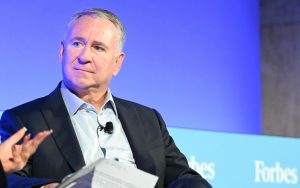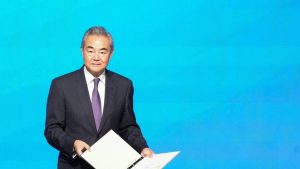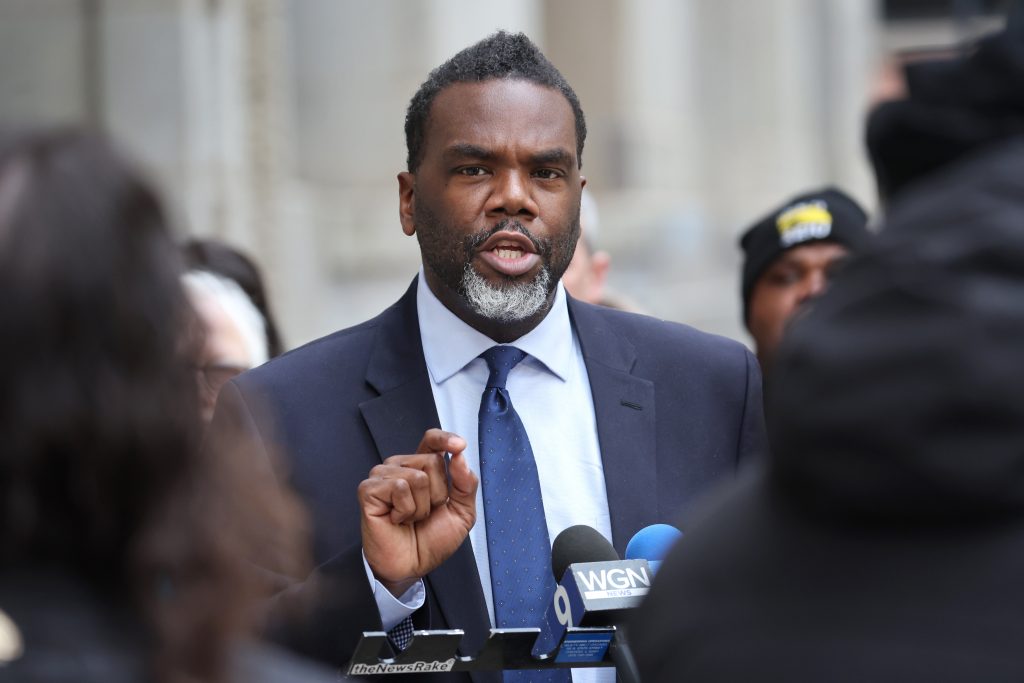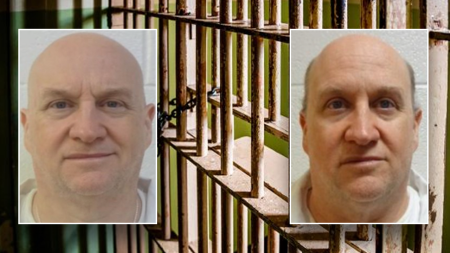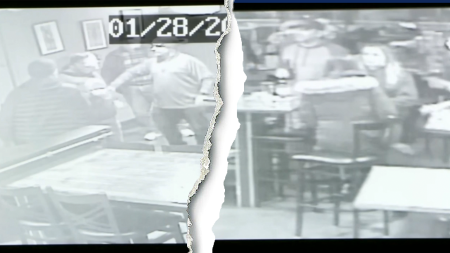The 2025 Chicago budget proposal, championed by Mayor Brandon Johnson, ignited a firestorm of controversy culminating in a turbulent city council meeting. The contentious budget, passed narrowly after weeks of heated debate, allocates substantial funding towards supporting migrants, a decision that sparked outrage among many Chicago residents. The meeting descended into chaos as residents vocally protested the migrant funding, leading Mayor Johnson to order a temporary recess and police intervention to clear the hall, enabling council members to cast their votes. The budget’s passage, albeit by a slim margin, underscores the deep divisions within the city over resource allocation and immigration policy.
The focal point of the residents’ ire was the significant financial commitment to supporting migrants, which many perceived as misdirected spending at the expense of other pressing city needs. Critics argued that the funds allocated to migrants should instead be used to address issues such as crime, infrastructure improvements, and other essential services. Their concerns reflected a broader national debate on immigration policy and the financial burdens placed on municipalities grappling with an influx of migrants. The protests at the city council meeting served as a stark illustration of the growing tensions surrounding this issue.
Adding fuel to the fire was a $40 million short-term loan included in the budget, a measure intended to defer debt repayment. This financial maneuver drew sharp criticism from residents who viewed it as fiscally irresponsible and exacerbating the city’s already precarious financial situation. They argued that taking on additional debt, while simultaneously allocating substantial funds towards migrant support, demonstrated a lack of fiscal prudence and prioritization of city residents’ needs. The loan became a symbol of the perceived mismanagement of city finances, further inflaming public sentiment against the proposed budget.
Beyond the migrant funding and the controversial loan, Mayor Johnson also faced scrutiny over staffing decisions, particularly the size and compensation of his staff. Critics pointed to the substantial number of staffers, exceeding 100, each earning six-figure salaries, as evidence of excessive spending and a bloated bureaucracy. The appointment of a “vice mayor” with a significant salary, despite seemingly limited responsibilities, further fueled accusations of wasteful spending and patronage. These criticisms contributed to a growing perception of a disconnect between the administration and the concerns of ordinary Chicago residents.
The controversy surrounding Chicago’s immigration policies extended beyond the city’s borders, attracting the attention of President-elect Trump’s incoming administration. Tom Homan, Trump’s nominee for border czar, issued a stern warning to Chicago, singling it out as a potential target for heightened immigration enforcement and deportations. Homan’s pronouncements, coupled with the heated local debate, underscored the national implications of Chicago’s immigration policies and the potential for conflict with the incoming federal administration.
The clash over Chicago’s 2025 budget highlights a complex interplay of local and national political dynamics. The budget debate exposed deep fissures within the city over resource allocation, immigration policy, and fiscal responsibility. The protests at the city council meeting, coupled with the incoming administration’s focus on immigration enforcement, suggest a turbulent period ahead for Chicago as it navigates the challenges of supporting migrants while addressing the concerns of its residents and adhering to evolving federal immigration policies. The controversy surrounding the budget foreshadows a potential showdown between the city and the federal government, with significant implications for both Chicago and the broader national debate on immigration.

